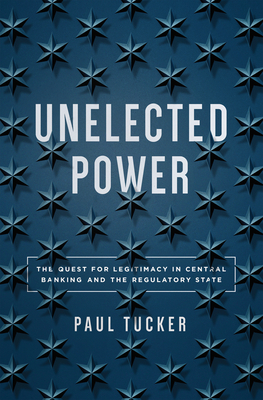Expedite your nonfiction book discovery process with Readara interviews, summaries and recommendations, Broaden your knowledge and gain insights from leading experts and scholars
In-depth, hour-long interviews with notable nonfiction authors, Gain new perspectives and ideas from the writer’s expertise and research, Valuable resource for readers and researchers
Optimize your book discovery process, Four-to eight-page summaries prepared by subject matter experts, Quickly review the book’s central messages and range of content
Books are handpicked covering a wide range of important categories and topics, Selected authors are subject experts, field professionals, or distinguished academics
Our editorial team includes books offering insights, unique views and researched-narratives in categories, Trade shows and book fairs, Book signings and in person author talks,Webinars and online events
Connect with editors and designers,Discover PR & marketing services providers, Source printers and related service providers

Unelected Power: The Quest for Legitimacy in Central Banking and the Regulatory State
Business & Economics > Government & Business
- Princeton University Press
- Hardcover
- 9780691176734
- 9.2 X 6.6 X 1.9 inches
- 2.4 pounds
- Business & Economics > Government & Business
- (Single Author) Asian American
- English
Readara.com
Book Description
Guiding principles for ensuring that central bankers and other unelected policymakers remain stewards of the common good
Central bankers have emerged from the financial crisis as the third great pillar of unelected power alongside the judiciary and the military. They pull the regulatory and financial levers of our economic well-being, yet unlike democratically elected leaders, their power does not come directly from the people. Unelected Power lays out the principles needed to ensure that central bankers, technocrats, regulators, and other agents of the administrative state remain stewards of the common good and do not become overmighty citizens.
Paul Tucker draws on a wealth of personal experience from his many years in domestic and international policymaking to tackle the big issues raised by unelected power, and enriches his discussion with examples from the United States, Britain, France, Germany, and the European Union. Blending economics, political theory, and public law, Tucker explores the necessary conditions for delegated but politically insulated power to be legitimate in the eyes of constitutional democracy and the rule of law. He explains why the solution must fit with how real-world government is structured, and why technocrats and their political overseers need incentives to make the system work as intended. Tucker explains how the regulatory state need not be a fourth branch of government free to steer by its own lights, and how central bankers can emulate the best of judicial self-restraint and become models of dispersed power.
Like it or not, unelected power has become a hallmark of modern government. This critically important book shows how to harness it to the people's purposes.
Author Bio
Sir Paul Tucker is chair of the Systemic Risk Council, a fellow at Harvard Kennedy School, and author of Unelected Power: The Quest for Legitimacy in Central Banking and the Regulatory State (Princeton University Press, 2018).
His other activities include being a director at Swiss Re, president of the UK’s National Institute for Economic and Social Research, a senior fellow at the Minda de Gunzburg Center for European Studies at Harvard, a member of the advisory board of the Yale Program on Financial Stability, and a governor of the Ditchley Foundation.
Previously, he was deputy governor at the Bank of England, sitting on its monetary policy, financial stability, and prudential policy committees. Internationally, he was a member of the G20 Financial Stability Board, chairing its group on resolving too-big-to-fail groups; and a director of the Bank for International Settlements, chairing its Committee on Payment and Settlement Systems.
Source: Minda de Gunzburg Center for European Studies at Harvard University
Videos
No Videos
Community reviews
No Community reviews

